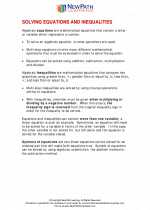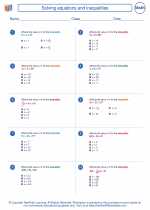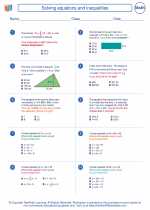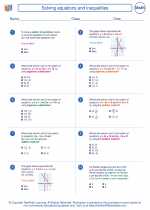Day
In the study of time and calendars, a "day" is a fundamental unit of measurement. It is defined as the period of time during which the Earth completes one full rotation on its axis. This rotation takes approximately 24 hours, and this duration is what we commonly refer to as a day.
Types of Days
There are different types of days that are important to understand:
- Solar Day: This is the time it takes for a specific point on the Earth to rotate from a specific position, around the Earth, and back to the same position. It is typically about 24 hours long.
- Sidereal Day: This is the time it takes for the Earth to rotate once on its axis in relation to a fixed point in the sky (such as a distant star). It is approximately 23 hours, 56 minutes, and 4 seconds long.
- Civil Day: This is the standard 24-hour day used for civil purposes, including work, school, and other daily activities.
Measuring and Converting Days
Days can be measured and converted using the following units:
- Hours: 1 day is equal to 24 hours.
- Minutes: 1 day is equal to 1,440 minutes (24 hours * 60 minutes per hour).
- Seconds: 1 day is equal to 86,400 seconds (24 hours * 60 minutes per hour * 60 seconds per minute).
Study Guide
When studying the concept of a day, it's important to focus on the following key points:
- Understand the definition of a day as the time it takes for the Earth to complete one full rotation on its axis.
- Learn about the different types of days, including solar, sidereal, and civil days, and their respective durations.
- Practice measuring and converting days into hours, minutes, and seconds.
- Explore real-world examples and applications of the concept of a day, such as timekeeping, calendars, and astronomical observations.
By understanding these fundamental concepts and practicing related problems, you can develop a strong grasp of the concept of a day and its significance in the measurement of time.
.◂Math Worksheets and Study Guides Eighth Grade. Solving equations and inequalities
Study Guide Solving equations and inequalities
Solving equations and inequalities  Worksheet/Answer key
Worksheet/Answer key Solving equations and inequalities
Solving equations and inequalities  Worksheet/Answer key
Worksheet/Answer key Solving equations and inequalities
Solving equations and inequalities  Worksheet/Answer key
Worksheet/Answer key Solving equations and inequalities
Solving equations and inequalities 

 Worksheet/Answer key
Worksheet/Answer key
 Worksheet/Answer key
Worksheet/Answer key
 Worksheet/Answer key
Worksheet/Answer key

The resources above cover the following skills:
Algebra (NCTM)
Represent and analyze mathematical situations and structures using algebraic symbols.
Develop an initial conceptual understanding of different uses of variables.